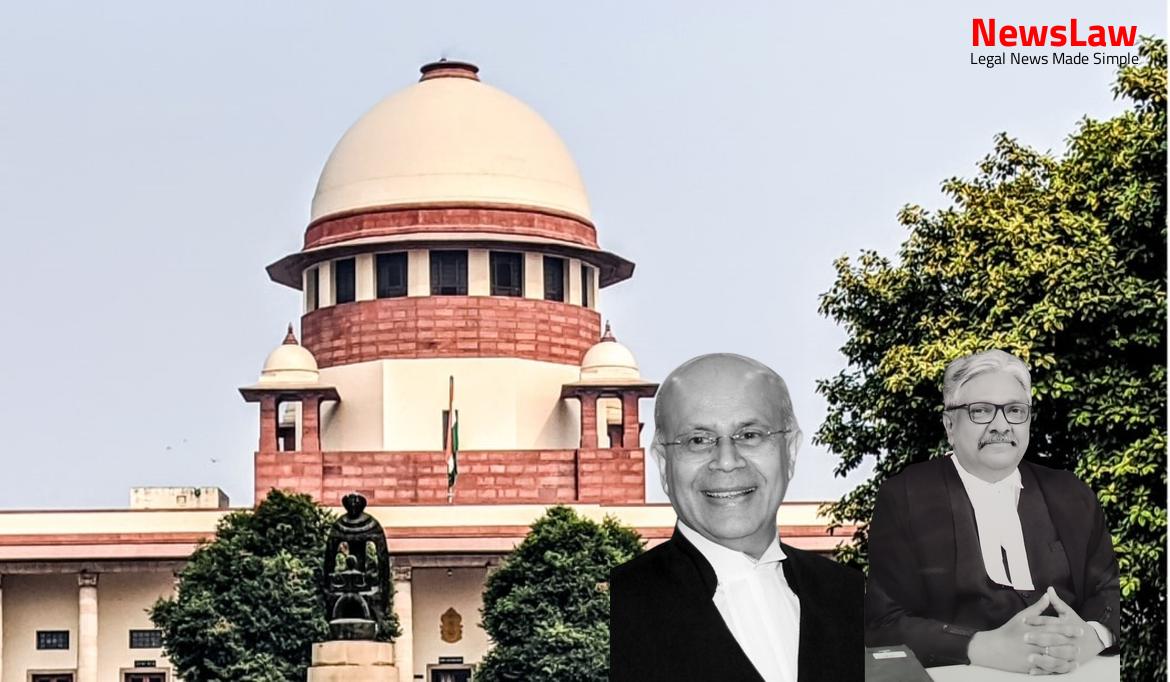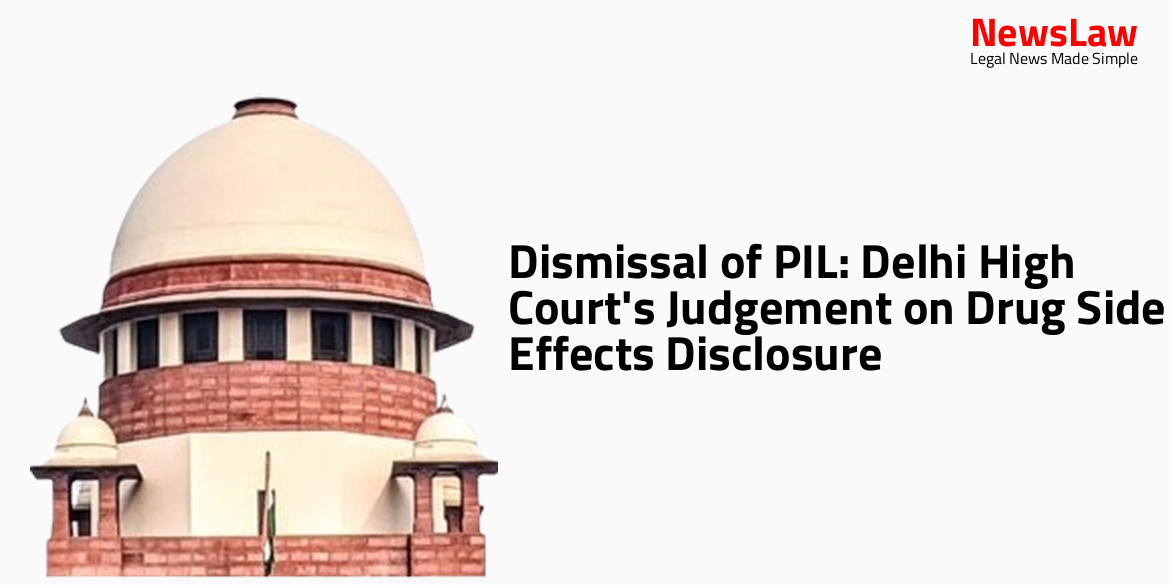Delve into the intricacies of the court’s legal analysis regarding the applicability of the EPF Act to private security agencies offering expert services. Discover how the court interpreted relevant laws and precedents to determine the obligations of such establishments. A critical examination of the facts and legal principles involved sheds light on the nuances of this important case.
Facts
- The appellant sought Group Janta Personnel Accident Insurance Policy for 79 security personnel
- The EPF Act was deemed not applicable to the appellant as per G.S.R. No 805 dated 17.05.1971
- The appellant claimed not to be the employer of the security guards, citing control of salaries by the clients
- Legal precedents were cited by both parties to support their arguments
- The appellant was accused of not submitting wage and salary registers despite being asked to do so
- Seized balance sheets showed substantial salary payments suggesting more than 5 employees were working
- Various legal petitions and review applications by the appellant were dismissed
- The Assistant Provident Fund Commissioner opined that the appellant had 79 employees in 2001 and demanded contributions
- The appellant failed to provide necessary documents like attendance and wage registers
- An order was issued for the appellant to comply with EPF Act provisions and make statutory dues payment
- The total dues were quantified to be Rs.42,01,941 with additional interest
- The appellant argued against applicability of G.S.R. No.805 and claimed to be registered under the Act of 2005
- The appellant did not use the proper appeal process under Section 7I of the EPF Act, opting for a writ petition instead
- The High Court declined to interfere with the conclusion of expert services being rendered by the appellant.
- Expert services provided by the appellant were considered as satisfactory by the court.
- The court respected the expertise and judgment of the appellant in this matter.
Also Read: Ensuring Fair and Thorough Police Investigations: A Legal Perspective
Analysis
- Appellant is engaged in providing expert security services by supplying trained security guards to clients.
- The appellant is considered the employer of the security guards under the Act of 2005 and pays their wages.
- Client payments to the appellant for security services do not make the clients the employers of the guards.
- Appellant withheld statutory registers under the Act of 2005 and relevant documents from authorities.
- Balance sheets seized indicated payment of wages to over 20 employees, establishing appellant’s coverage under EPF Act.
- Previous case laws cited were not relevant to the current case regarding EPF Act applicability to private security agencies providing expert services.
- EPF Act provisions apply to private security agencies providing personnel services if they meet the Act’s requirements.
- Judicial precedents support the applicability of EPF Act to private security agencies engaged in expert services.
- Wages were not directly paid by clients to security guards, but through the appellant who disbursed the payments.
- The Central Government specified that the Act shall apply to establishments rendering expert services
- The Act applies to establishments employing twenty or more persons
- The appellant provided security services to its clients since 2001
Also Read: Presumption of Genuineness in Legal Documents Case
Decision
- The appeals have been dismissed.
- The interim order dated 12.05.2009, restraining coercive steps for enforcement of the demand notice dated 15.04.2009, has been vacated.
Also Read: Challenges with Dying Declarations in Legal Analysis
Case Title: M/S PANTHER SECURITY SERVICE P.LTD. Vs. E.P.F. ORGANISATION (2020 INSC 669)
Case Number: C.A. No.-004434-004435 / 2010



